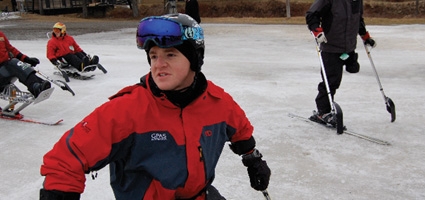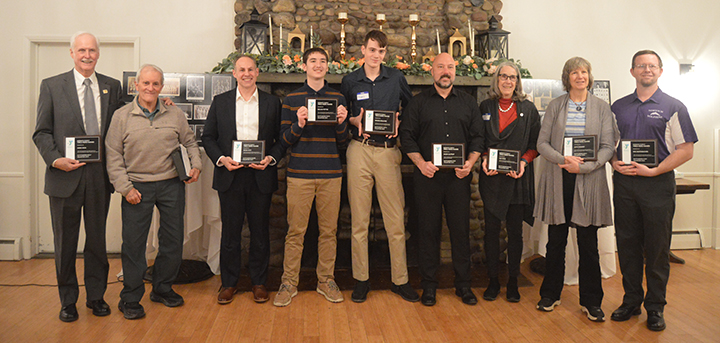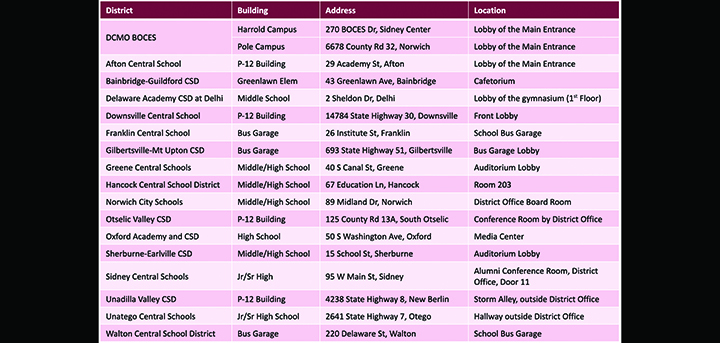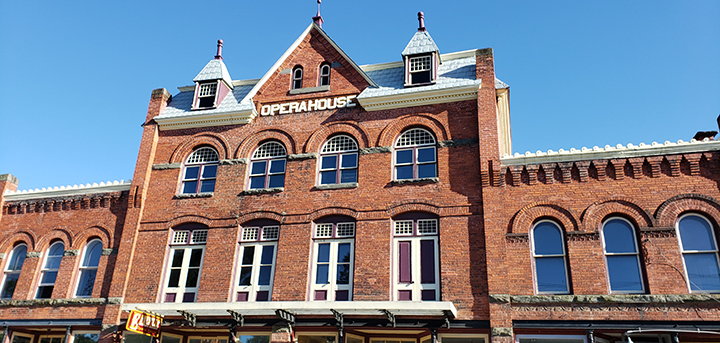Winter Challenge Week an inspiring, life-changing experience for participants
CORTLAND – One need only take in the smiling faces and the sounds of laughter across the crowded dining room at the Greek Peak Mountain Resort to know that Winter Challenge Week founders Robyn King and “One-Legged” John Solowiej have done it again.
Now in its eighth year, the non-profit, volunteer-run Winter Challenge Week was created to help paraplegic, amputee and blind adults – as well as wounded veterans – learn the joys of skiing and snowboarding. And yet the program, which has shown consistent growth since its inception, is so much more than that, according to Solowiej.
“It’s a little different and it’s a bonding experience,” said Solowiej, who added that nearly 50 people have participated in the program since it began. “We have so many instructors and volunteers who share a lot of the same emotions and feelings as our participants ... it just makes it that much more awesome. It’s unbelievable.”
Held the last week of January at the resort’s Adaptive Snowsports Center, the program is funded through donations received from a number of individuals and businesses, many of which are located in Chenango County. Cost for each participant is approximately $1,000, and the donations are used to purchase and maintain the necessary equipment for adaptive skiing, which includes mono-skiing, in essence a molded seat mounted on a single ski; tri- and four-tracking, one or two skis with two hand-held outriggers and bi-unique skiing, similar to mono-skiing but with two skis instead of one.







Comments